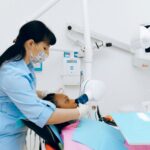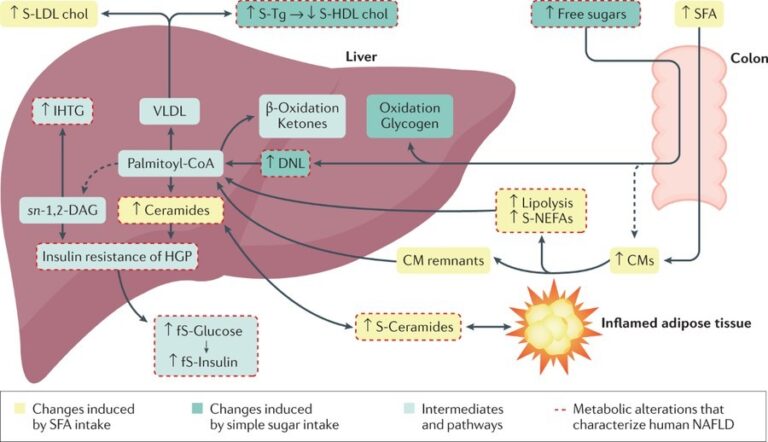
Top 10 Tips on the Specialization in Trauma & Emotional Release of Holistic Health in Manhattan NYC
Here are the top 10 tips for evaluating trauma specialization and emotional release techniques when researching holistic and integrative energy healing NYC centers:
1. Verify Trauma-Specific Certifications
- Look for EMDRIA-certified (EMDR), SEP (Somatic Experiencing Practitioner), or IFS-trained (Internal Family Systems) therapists.
- Energy healers should have trauma-informed training (e.g., “Trauma-Sensitive Yoga,” “Reiki for PTSD”).
2. Prioritize Evidence-Based Trauma Therapies
- Ensure they offer proven modalities:
- EMDR (for PTSD)
- Somatic Experiencing (body-based trauma release)
- Neurofeedback (for nervous system regulation)
- Hakomi or Sensorimotor Psychotherapy (mind-body integration)
3. Check for Complex Trauma (CPTSD) Experience
- Many centers focus on single-event trauma—seek those skilled in:
- Childhood/developmental trauma
- Relational/attachment wounds
- Dissociative disorders (if applicable)
4. Look for Nervous System Regulation Tools
- Top centers use polyvagal theory-informed practices:
- Biofeedback (HRV monitoring)
- Breathwork (trauma-sensitive pranayama)
- TRE (Trauma Release Exercises) – shaking practices to release stored tension
5. Avoid “Quick Fix” Claims
- Red flags:
- “Trauma erased in one session”
- No aftercare plan
- Overuse of unregulated methods (e.g., “energy clearing” without somatic integration)
6. Assess Safety & Stabilization First
- A responsible trauma center will NOT jump straight into memory processing.
- Look for phase-based treatment:
- Safety & grounding (mindfulness, resourcing)
- Processing (EMDR, parts work)
- Reintegration (lifestyle support, community)
7. Ask About Ancillary Support
- Do they offer group therapy, integration circles, or workshops?
- Are there nutritional or functional medicine supports (e.g., adrenal testing for PTSD fatigue)?
8. Evaluate Cultural & LGBTQ+ Competency
- Trauma intersects with identity, race, and systemic oppression.
- Ask: “Do you work with [your background] clients?”
9. Check for Psychedelic Integration Support
- If exploring ketamine-assisted therapy (offered at clinics like Nushama or Field Trip Health), ensure they provide:
- Pre-screening (for dissociation risks)
- Integration therapy (post-session processing)
10. Trust Your Nervous System’s Response
- A good trauma practitioner should help you feel safe, not pressured.
- Avoid centers that feel overwhelmingly intense or dismissive of your boundaries.
Top Trauma-Specialized Centers in Manhattan
- The Somatic Therapy Center (SE, EMDR, IFS)
- Nalanda Institute (Compassion-Based Trauma Therapy)
- Integrative Trauma Institute NYC (Polyvagal, Yoga Therapy)
- The Center for Trauma and Addiction (EMDR + Holistic Approaches)
- Inner Arts Collective (Trauma-Informed Energy Healing)
Key Question to Ask:
“How do you help clients regulate their nervous system before processing trauma?”
A skilled provider will emphasize safety, pacing, and choice—not just “releasing” emotions.
How About Modalities Offered When Researching Holistic Health in Manhattan NYC?
Here are the 10 most important factors to consider when evaluating the modalities offered at holistic and integrative energy healing practitioner Manhattan for mental health and trauma recovery:
1. Comprehensive Trauma-Informed Approaches
Look for centers offering:
- Somatic therapies (Somatic Experiencing, Sensorimotor Psychotherapy)
- Parts work (Internal Family Systems/IFS)
- Bottom-up processing (EMDR, Brainspotting)
- Nervous system regulation (Polyvagal Theory applications)
2. Evidence-Based Energy Medicine
Prioritize centers combining:
- Biofield therapies with scientific backing (Healing Touch, Therapeutic Touch)
- Traditional systems with modern adaptations (Medical Qigong, Acupuncture)
- Measurable biofeedback (HRV monitoring, neurofeedback)
3. Integrative Mental Health Modalities
Seek clinics offering:
- Mind-body bridges (Mindfulness-Based CBT, ACT)
- Psychedelic integration (for ketamine-assisted therapy)
- Nutritional psychiatry (Gut-brain axis testing and protocols)
4. Specialized Emotional Release Techniques
Evaluate if they provide:
- Trauma-informed breathwork (not just generic holotropic)
- TRE (Trauma Release Exercises)
- Voice/sound modalities (Psychophonic therapy, toning)
- Expressive arts therapies (Drama, authentic movement)
5. Customized Blended Protocols
The best centers:
- Sequence modalities strategically (e.g., acupuncture before talk therapy)
- Personalize combinations based on biomarkers
- Track outcomes across modalities
6. Cultural & Spiritual Integration
Look for:
- Culturally-adapted versions of evidence-based therapies
- Non-appropriative traditional healing (properly trained practitioners)
- Inclusive spiritual frameworks (non-dogmatic)
7. Advanced Neurotechnologies
Cutting-edge centers may offer:
- Alpha-stim for anxiety/depression
- tDCS/tACS brain stimulation
- VR exposure therapy for PTSD
- Quantified self-tracking integration
8. Community & Group Modalities
Valuable offerings include:
- Trauma-sensitive yoga groups
- Process-oriented group therapy
- Men’s/women’s trauma circles
- 12-step alternatives (SMART Recovery, Refuge Recovery)
9. Specialized Bodywork Options
Beyond massage, look for:
- Trauma-informed bodywork (Rubin Method, Rosen Method)
- Craniosacral therapy with trauma training
- Postural integration therapies
10. Aftercare & Integration Support
Essential components:
- Integration circles post-retreat/intensive
- Relapse prevention planning
- Alumni networks
- Referral networks for continued care
Key Evaluation Questions:
- “How do you determine which modalities to combine for my specific needs?”
- “What’s your protocol if a modality isn’t working for me?”
- “How do you measure progress across different modalities?”
Manhattan Centers with Strong Modality Integration:
- The Center for Integrative Therapies (IFS + acupuncture + neurofeedback)
- NY Trauma Healing Center (EMDR + somatic therapy + Chinese medicine)
- Urban Wellness Clinic (Functional medicine + trauma therapy)
- The Alchemy of Healing (Energy psychology + psychedelic integration)
The most effective centers will have clear rationale for their modality combinations rather than just offering a “menu” of disconnected options. They should be able to explain how and why specific modalities work together for trauma recovery and mental health.


















